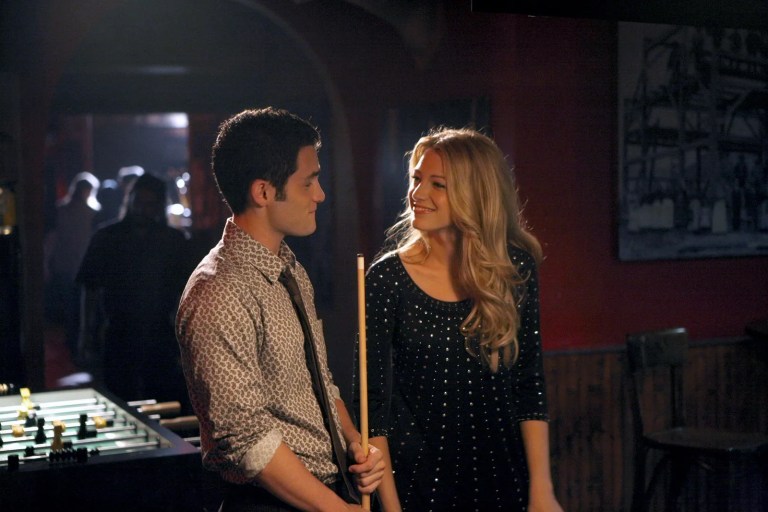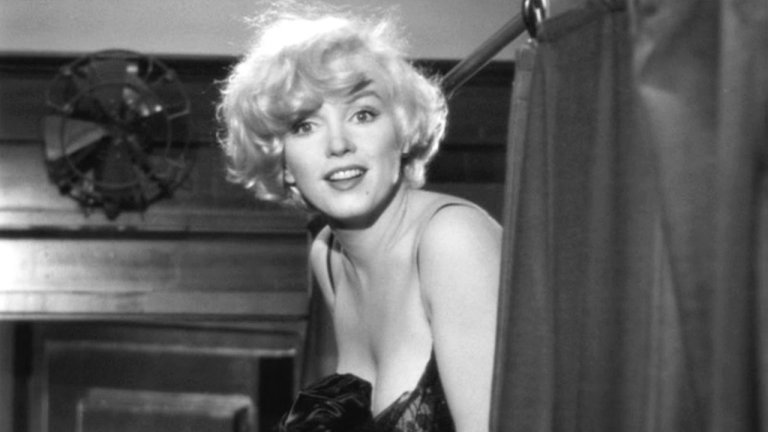
‘Feud’ Has Finally Acknowledged the Greatest Tragedy of Truman Capote’s Life
If you’re still watching Feud: Capote vs. the Swans, then you’re probably watching for the Tom Hollander and Naomi Watts of it all. This highly fictionalized series lost the plot in Episode 2 and settled for vaguely campy, meandering melodrama ( bolstered only by brilliant acting and production design). The glossy camerawork and detailed costuming are now mere window dressing for Hollander’s wheezy and deeply soulful performance as Truman Capote.
Mild spoiler warning for episodes 1-6 of ‘Feud: Capote vs. The Swans’
That said, Feud has finally started treating Capote with sympathy. In Episode 6, the show even acknowledged the central tragedy of the celebrated author’s life – that his outlandish persona ultimately overshadowed the brilliance of his writing.
It took long enough to get here. Episodes one through four of the show seemed more keen on dragging Capote through the mud than lending any complexity to his titular feud. When the Breakfast at Tiffany’s author exposed the lives of his New York socialite friends (the “Swans”) in a tell-all piece for Esquire, Feud presented it as an act of self-sabotage and desperation. The show then used invention after invention — including a fictional documentary — to paint Capote as selfish, fame-hungry, and delusional. In said documentary, Capote was seen violating his Swans’ privacy at every turn in his audacious grasp at virality. The caricature was even vicious enough to inspire a Slate piece titled, “Why does Feud hate Truman Capote so much?”
However, one of Capote’s contemporaries at Esquire indicated that Capote didn’t exactly commit the craven act of betrayal Feud described. By publishing the tell-all about his Swans, the man was just doing his job. “Truman was a writer and he was also a journalist,” said Capote’s colleague Dotson Rader in an interview with Esquire. “I’ve done a lot of stories and one of the things you do when you’re on a story on someone that is self-protective, you appear to be their friend. That’s the role you play as a journalist, so a lot of them get pissed off when you write critical stuff. But that’s your job.”
But why would a man with no attachment to the Swans feel so wounded by their snubbing of him? In the show, Capote seemed to enter a downward spiral immediately after the Swans barred him from New York high society. So, did Feud think that Truman Capote only cared about getting invited to dinner parties? Had the show thus forgotten that he was, above all, a writer?
Thankfully, the show dialed back on its Capote-hating in Episode 5 – and reminded us why he became a celebrated writer in the first place.
In the episode, fellow literary great James Baldwin (an incandescent Chris Chalk) appears thanks to another invented coincidence by Feud scriptwriter Jon Robin Baitz. In a Magical Negro role, Baldwin heralds the artistic merit of Capote’s literary tell-all, dubbing it “the firing squad that killed the Romanovs … [the] guillotine that beheaded Marie Antoinette.” The reassurance serves as a call-to-arms for Capote, inspiring him to write an entire novel about the Swans.
Disregarding the implausibility of such a meeting (in reality, Capote and Baldwin didn’t appear to like each other much), the literary lovefest does identify Capote’s strength as an artist: his social status. Ever the social outcast, even at his height, Capote has spent his life observing from the sidelines. He has watched as his Swans used homophobic language and treated gay men as lap dogs; he has stood idly by as they worried over party invitations while ignoring their lonely children. Ultimately, he has done what any good writer would do: He reflected their world back at them.
Then, in Episode 6, Feud identifies Capote’s greatest flaw as an artist. By the writer’s own admission in a conversation with his protegée, he has become a persona more than an author. It’s tragic; it’s sincere; it’s indulgent. It’s also sadly true for anyone who has studied Capote and found more descriptions of his outfits, writerly feuds, and boozy talk show appearances than his literary genius. Moreover, it’s an admission that underlines Feud’s portrayal of Capote as a whole.
Throughout the show thus far, we’ve seen Capote engage in surface-level buffoonery during his feud with the Swans. Despite the show’s occasional reference to Capote’s extensive, near-immaculate oeuvre, the man comes off mostly as a bloated, whiny man-child, defined not by the empathy and complexity so obvious in his published writing, but by the external symptoms of his mental instability. Even his alcoholism isn’t played for sympathy: It serves more to villainize him, building him up as a debauched monster in the eyes of his loved ones. (Do the creators of Feud think that alcoholics can quit drinking at the drop of a fedora?)
Still, the show has at least acknowledged this incongruity in Capote’s life. Plus, there are two episodes remaining. Maybe Feud will stop pretending that Capote’s writing career is over and ultimately show how he published an acclaimed, record-breaking short story and essay collection, Music for Chameleons, before his death. Or, perhaps, the on-screen version of the man will demonstrate the same magnanimity and wisdom that he displayed in his terrific short stories “A Thanksgiving Visitor” and “A Christmas Memory.” At the very least, the show might admit that Capote wrote several more chapters of Answered Prayers, his novel-length tell-all about the Swans, before he died of alcoholism.
If Feud doesn’t do these things, then it will only have contributed to the central tragedy of Capote’s life. If this simpering, whimpering portrait of the man becomes what he’s most known for in future generations, then his larger-than-life persona will have finally won the battle.











